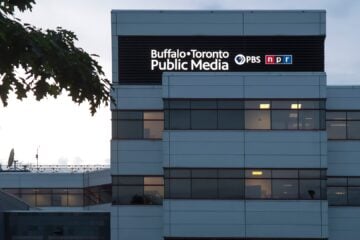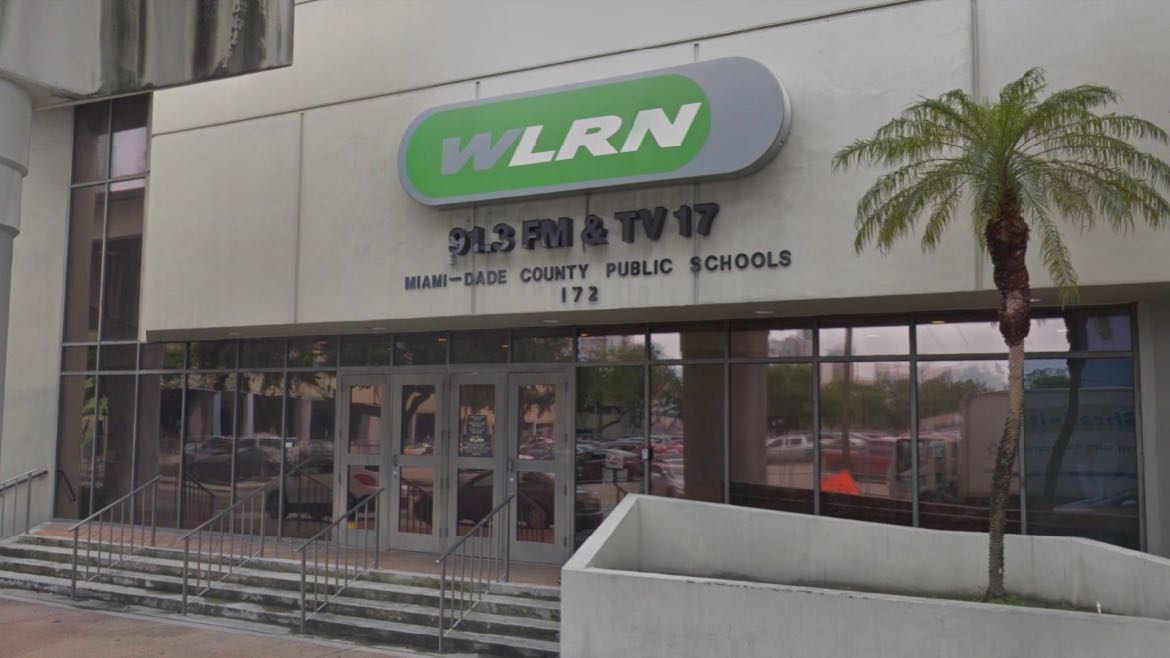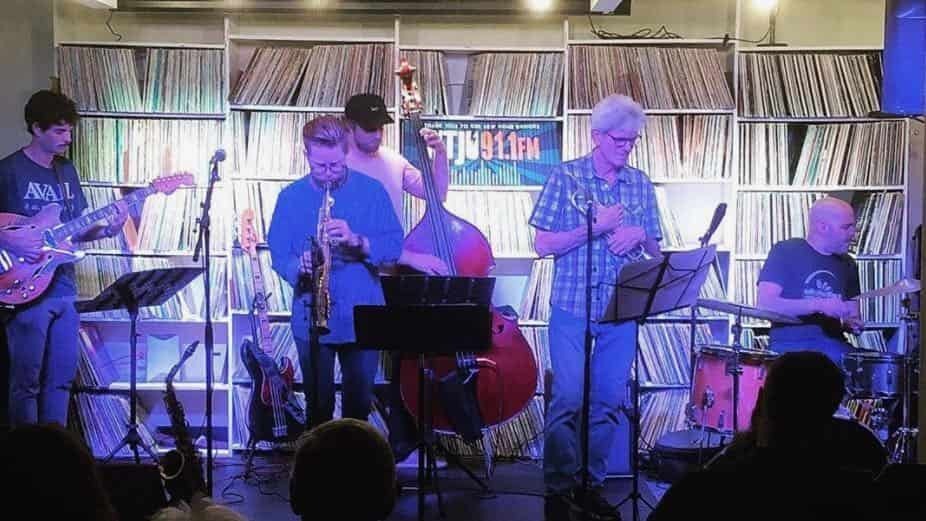In historic first, LA pubTV stations agree to share spectrum for auction proceeds

The master control at KCETLink in Los Angeles. The station just signed a channel-sharing agreement with KLCS. (Photo: KCETLink)
Pubcasters KCETLink and KLCS in Los Angeles will participate in the upcoming FCC spectrum auction through a channel-sharing partnership that could earn them more than $32 million.
The boards of KCETLink, an independent organization, and the Los Angeles Unified School District, licensee for KLCS, each unanimously approved Tuesday a memorandum of understanding to share proceeds of auction revenues that they would gain by giving up part of their channel capacity.

The master control at KCETLink in Los Angeles. The station just signed a channel-sharing agreement with KLCS. (Photo: KCETLink)
It is the country’s first finalized channel-sharing agreement in anticipation of the auction, according to FCC spokesperson Kim Hart.
If the FCC approves the stations’ plan, the two stations will relinquish a total of 6 MHz of TV spectrum for auction to wireless carriers that want to purchase bandwidth for wireless devices. The stations would then share a single over-the-air television channel.
KCETLink President Al Jerome and Sabrina Fair Thomas, KLCS general manager, declined to discuss the value of the deal with Current. Michael Alcamo, whose firm M.C. Alcamo & Co. Inc. has advised other noncommercial broadcasters in station and spectrum transactions, estimated it could bring more than $32 million.
The stations will “chart new waters together,” Jerome said in a joint announcement. He called the collaboration a “bold partnership.”
“We feel the spectrum auction is a great opportunity to potentially gain significant resources that we can reinvest into programs and activities we provide to the community in support of our mission,” Jerome said in the statement.
Thomas noted that technology “allows us to continue to offer high-quality public media content over the air without compromising the viewer experience.”
Each station will retain its individual license and schedule.
Channel-sharing is one of several options broadcasters are considering leading up to the FCC’s spectrum auctions, which are set for mid-2015. Each TV station also may opt to sell all its bandwidth and drop out of broadcasting, move from a UHF to a VHF channel or decline to participate.
Broadcasters in certain areas — including Los Angeles, the country’s second-largest media market — could potentially come away with millions of dollars for their spectrum, Alcamo said.
Aggregate value for spectrum includes cash paid at the time of a transaction and the portion of the auction proceeds paid later to the licensee. A full-service licensee in a market where wireless companies want spectrum should be able to sell spectrum for $3.25 to $3.75 per resident within its signal’s contour based on Census figures, according to Alcamo.
If a signal reaches 9 million residents in covered population — Alcamo’s estimate for both these stations — the licensees should be able to ask at least $32 million in aggregate value, he said.
Los Angeles is attractive to wireless carriers due to its above-average population density and growth rate, Alcamo said. Coastal areas such as Los Angeles and border regions are also in “particular demand,” he said, due to market crowding and the fact that the FCC controls only half of spectrum allotments along the border.
At KCLS, which is struggling financially, the infusion of capital “will relieve the burden of financial support from the school board,” Thomas said. “We’ve been asked to do that for many years.”
Meanwhile, KCETLink sees channel-sharing as a first step toward greater public service. Since merging with satellite distributor Link TV in January 2013, KCETLink content can reach 34 million homes on DirecTV and DISH.
“Combine that with the Los Angeles Unified School District and its 700,000 students that represent one of the most diverse communities in the U.S., and you have a living lab of students and faculty and administrators,” Jerome said. “It won’t happen soon; we have a lot of work to do. But we have the potential over the years to make an educational imprint nationwide.”
Many details about the channel-sharing partnership remain to be settled. Alan Popkin, KLCS director of TV engineering, said the two stations are still deciding exactly what spectrum to relinquish. “To the viewer it will make no difference,” he said. “This is really the most important point. The channel share will be invisible post-transition to the viewer. That was proven in our test results.”
Earlier this year, KLCS tested the technical limits of channel-sharing with commercial station KJLA in the nation’s first such experiment. After weeks of tests, Popkin reported to the FCC that broadcasters can combine two high-definition television streams into a single channel with no loss of signal quality.
The channel-sharing announcement is “new evidence of public television’s commitment to innovation and excellence in pursuing our public service mission of education, public safety and well-informed citizenship,” said Patrick Butler, president of the Association of Public Television Stations.
“Public television was first to multicast, first to datacast, first to provide closed captioning, first to offer descriptive video for the visually impaired,” Butler said, “and we look forward to further pioneering efforts to use our broadcast spectrum most effectively in the service of the American people.”








KCET/Link is a legend of public media. It never be the same after 2011 when was out of PBS.